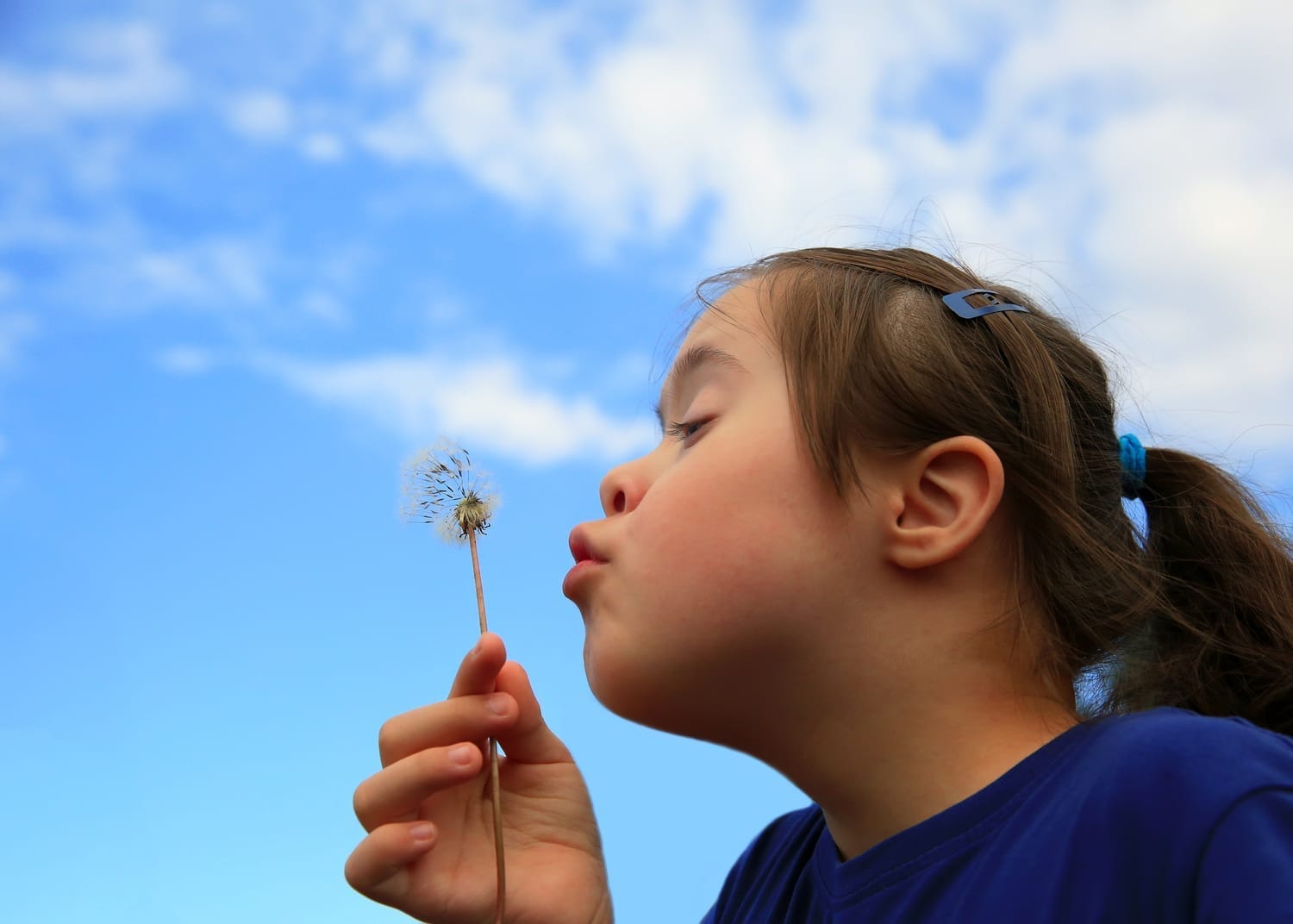BENEFITS
The Transformative Power of Empathy
Empathy isn’t just a trait. It’s a catalyst for real, positive change in every part of life. When we nurture empathy, we unlock powerful benefits that ripple through ourselves, our relationships, and our world.

Why Empathy Matters
Stronger Relationships
Empathy builds trust, deepens connections, and creates happier communities.
Better Mental Health
Practicing empathy boosts emotional resilience and supports well-being.
Reduced Stress
Understanding and compassion lower stress and improve physical health.
Greater Creativity
Empathy opens minds, fueling creativity and self-connection.
Effective Conflict Resolution
It helps us navigate challenges and resolve conflicts peacefully.
Deeper Care for All Life
Empathy inspires us to protect animals, nature, and our planet.
The Ripple Effect
Empathy starts within. By connecting with ourselves through self-love and understanding, we build inner peace and confidence. This inner strength extends outward, strengthening our bonds with others and transforming how we face challenges. As empathy spreads, it creates compassionate communities and inspires stewardship for the world we share.
Imagine the Possibilities
Picture a life where you feel understood, supported, and empowered to make a difference. That’s the world we’re building, one where empathy shapes our connections and communities. In this world. we restore our connection with animals, nature, and the planet, understanding that our lives are deeply intertwined with all.
Make Empathy Part of Your Life
Experience the benefits for yourself. Embrace empathy and help create a kinder, more resilient world.
Ready to experience the benefits of empathy?
Organization & Contact
Empathy-Based Society Institute
Zavod Raziskovalni Inštitut za empatično družbo
Ljubljana, Slovenia, Europe
Created with ©systeme.io
Affiliate link: If you sign up to systeme.io through this link, we may earn a commission at no extra cost to you.






